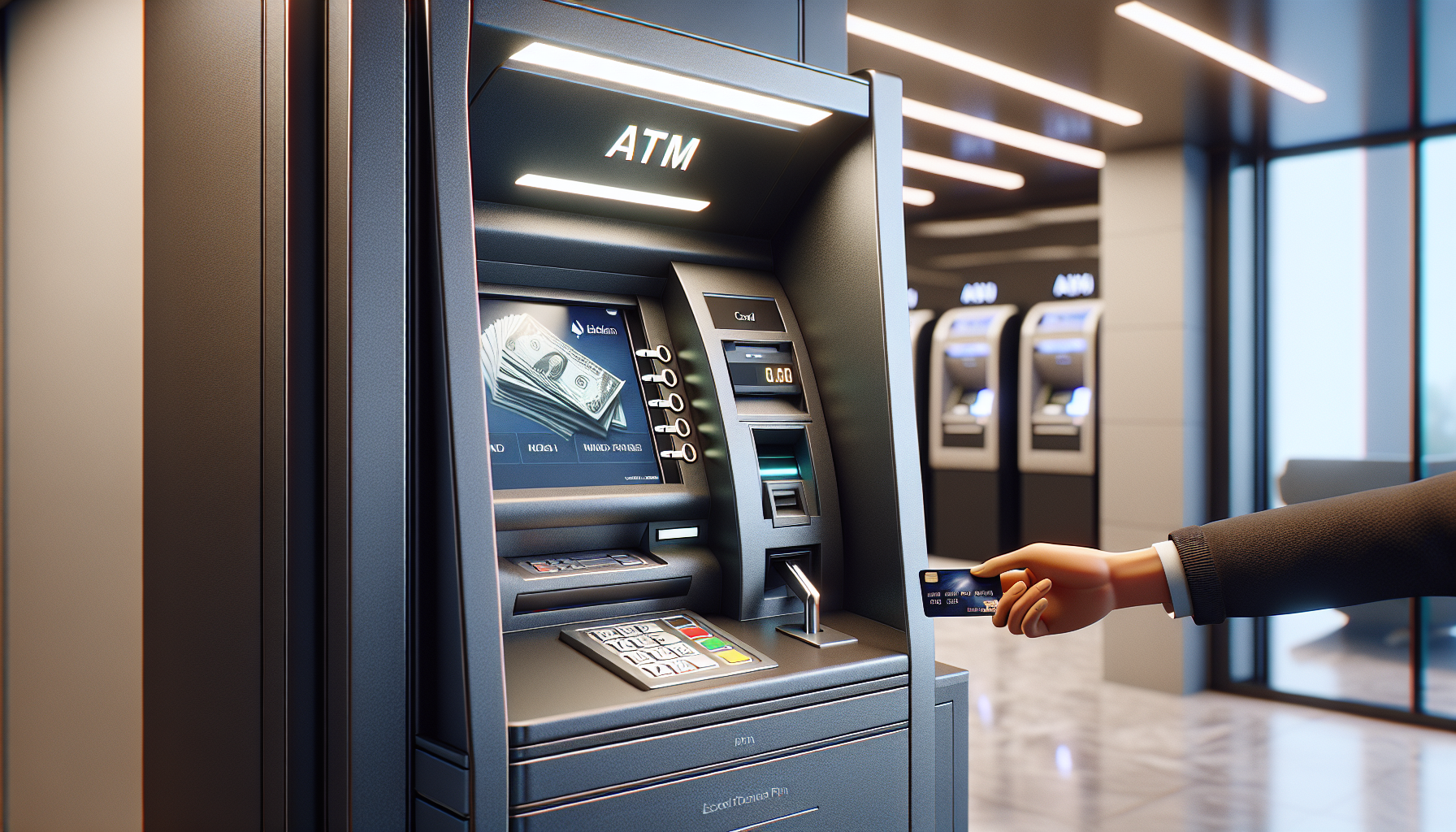Understanding Credit Card Refunds
When you make a purchase using your credit card and later decide to return the item, you may be entitled to a refund. Credit card refunds are a common occurrence, but the process and implications can vary depending on your specific circumstances, especially if your credit card has a zero balance at the time of the refund.
How Credit Card Refunds Work
When a merchant issues a refund for a purchase made with your credit card, the refund amount is typically credited back to your credit card account. This means that the funds become available for future purchases, effectively increasing your available credit. In some cases, you may have the option to receive the refund as a check or have it transferred directly to your bank account.
It’s important to note that when a refund is issued, the money is temporarily inflated on your credit card, as it is not actually yours until you use it for another purchase or receive it through an alternative method. Additionally, the refunded money does not earn any interest while it sits in your credit account.
Timeframe for Credit Card Refunds
The time it takes for a credit card refund to be processed can vary, but it typically ranges from 5 to 14 business days. This timeframe depends on several factors, including the merchant’s refund policies and the credit card processing service they use.
Some merchants may issue refunds more quickly, while others may take longer due to their internal processes or the need for additional verification. In any case, it’s best to allow for some processing time before expecting to see the refund reflected in your credit card balance.
Impact of Refunds on Zero Balance Credit Cards
When you receive a refund on a credit card that currently has a zero balance, it can lead to a unique situation known as a negative credit card balance. This occurs when the refund amount exceeds your current balance, resulting in the credit card company essentially owing you money.
Refund Exceeds Current Balance
Let’s say you have a credit card with a $1,000 limit and a current balance of $0. If you receive a refund of $300 on this card, your balance will become -$300. In essence, this means that you have a $300 credit with the credit card company.
It’s important to understand that this negative balance is not a cash advance or a loan from the credit card issuer. Instead, it represents an advance payment for future purchases you may make with the card. You will not earn any interest on this negative balance, as it is not considered a deposit or investment.
Potential Consequences and Fees
While having a negative credit card balance may seem like a favorable situation, it’s crucial to be aware of potential consequences and fees that may apply. Credit card issuers have different policies regarding negative balances, and it’s essential to review your individual credit card agreement terms.
Some credit card companies may charge a fee for maintaining a negative balance, while others may automatically issue a check or transfer the funds to your bank account after a certain period. It’s best to contact your credit card issuer directly to understand their specific policies and any associated fees.
Refunds and Your Credit Score
When it comes to your credit score, credit card refunds can have an indirect impact, primarily through changes in your credit utilization ratio and minimum payment requirements.
Improved Credit Utilization Ratio
Your credit utilization ratio is the amount of credit you’re using compared to your total credit limit. A refund on your credit card can lower your overall credit utilization, which is generally viewed positively by credit scoring models. A lower credit utilization ratio can contribute to a higher credit score over time.
However, it’s important to note that while a refund can improve your credit utilization ratio, it does not have a direct impact on your credit score itself. Credit scores are calculated based on a variety of factors, and a single refund transaction is unlikely to result in a significant score change.
Minimum Payment and Interest Considerations
When you receive a refund on your credit card, it’s crucial to keep in mind that the refunded amount does not count as a payment towards your outstanding balance. You are still responsible for making at least the minimum payment by the due date to avoid late fees and potential damage to your credit score.
Moreover, if you carried a balance on your credit card prior to receiving the refund, you may still be subject to interest charges on that balance. Credit card companies typically charge interest on balances that are not paid in full by the due date, so it’s essential to review your statement and make appropriate payments to minimize interest charges and maintain a good credit standing.
| Scenario | Impact on Credit Score |
|---|---|
| Refund lowers credit utilization ratio | Positive, but indirect impact |
| Refund does not count as a payment | No direct impact, but minimum payments still required |
| Refund does not affect existing interest charges | No direct impact, but interest may still accrue on unpaid balances |
Refunds and Credit Card Rewards
If you have a rewards credit card and receive a refund for a purchase that earned rewards, it’s important to understand how the refund may impact your rewards balance. In most cases, when a refund is processed, the rewards associated with that purchase are also reversed.
This means that if you earned cashback, points, or miles on the original purchase, those rewards will be deducted from your rewards balance once the refund is issued. This reversal ensures that you do not retain rewards for purchases that you did not ultimately keep.
It’s particularly important to consider the impact of refunds if you are working towards earning a welcome bonus or meeting a minimum spending requirement on a new credit card. If a substantial refund reduces your overall spending below the required threshold, you may miss out on the bonus or have to spend additional money to qualify.
Dealing with Refund Issues
While most credit card refunds are processed smoothly, there may be instances where you encounter issues or disputes related to a refund. In such cases, it’s important to know your rights and the steps you can take to resolve the situation.
Requesting a Chargeback
If you are unable to secure a refund from a merchant for a legitimate reason, such as a fraudulent charge or a billing error, you may have the option to initiate a chargeback through your credit card company. A chargeback is essentially a disputed transaction where the credit card issuer reverses the charge and returns the funds to your account.
To initiate a chargeback, you will need to contact your credit card company and provide detailed information about the disputed charge. The Fair Credit Billing Act (FCBA) provides consumers with certain protections and rights when it comes to billing errors and unauthorized charges.
Merchant Policies and Protections
When dealing with refund issues, it’s crucial to familiarize yourself with the merchant’s return and refund policies. Some merchants may have specific requirements, such as time limits for returns or the condition of the item being returned.
Additionally, some credit cards offer valuable protections that can help you secure refunds or replacements for purchased items. These may include return protection policies, which extend the time frame for returns beyond the merchant’s standard policy, or purchase protection benefits, which provide coverage for damaged or stolen items.
- Review the merchant’s return and refund policies carefully
- Keep all receipts and documentation related to the purchase
- Contact the merchant first to attempt to resolve the issue
- If unsuccessful, reach out to your credit card issuer for assistance
- Understand your rights under the Fair Credit Billing Act
- Take advantage of any return or purchase protection benefits offered by your credit card
By understanding your rights and the available protections, you can navigate refund issues more effectively and increase your chances of a successful resolution.
See also:




